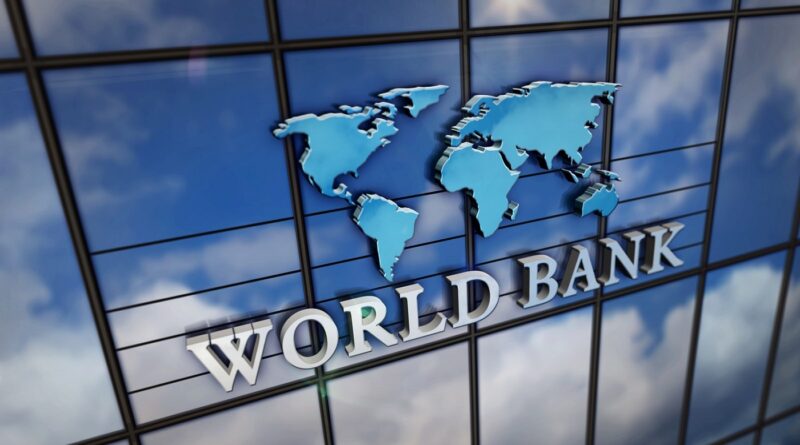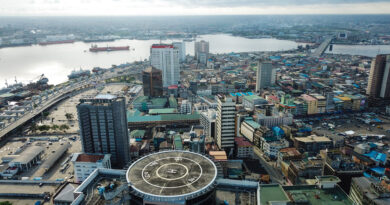World Bank Bans Two Nigerian Firms Over Corruption
The World Bank has banned two Nigerian companies, Viva Atlantic Limited and Technology House Limited, along with their CEO, Mr. Norman Didam, for 30 months. They were penalised for fraud, collusion, and corruption related to the National Social Safety Nets Project in Nigeria.
According to the World Bank’s statement on Monday, the project, designed to financially support poor and vulnerable households, was undermined by unethical actions during the 2018 procurement and contract process.
The statement read, “The World Bank Group today announced the 30-month debarment of two Nigeria-based companies—Viva Atlantic Limited and Technology House Limited—and their Managing Director and Chief Executive Officer, Mr. Norman Bwuruk Didam.
“The debarment is in connection with fraudulent, collusive, and corrupt practices as part of the National Social Safety Nets Project in Nigeria.”
The World Bank stated that Viva Atlantic Limited, Technology House Limited, and their CEO, Norman Didam, hid a conflict of interest in their bids and obtained confidential tender details from public officials.
These actions were labelled as fraud and collusion under the bank’s Anti-Corruption Framework.
Additionally, the bank revealed that Viva Atlantic Limited and Didam faked the company’s experience records, submitted false authorisation letters from manufacturers, and offered bribes to project officials, classifying these as corrupt practices.
According to the bank, these violations compromised the integrity of the social safety net program intended to support Nigeria’s most vulnerable people.
The statement highlighted, “According to the facts of the case and the general principles of the World Bank’s Anti-Corruption Framework, in connection with a 2018 procurement and subsequent contract, Viva Atlantic Limited, Technology House Limited, and Mr. Didam misrepresented a conflict of interest in the companies’ Letter of Bids and received confidential tender information from public officials, which constituted fraudulent and collusive practices, respectively.
“Further, Viva Atlantic Limited and Mr. Didam misrepresented Viva Atlantic Limited’s experience and submitted falsified manufacturer’s authorisation letters, as well as offered and provided things of value to project public officials. These actions were fraudulent and corrupt practices, respectively.”
The ban prevents the two companies and their CEO, Didam, from taking part in World Bank-funded projects during the specified period.
See Also: NAFDAC Warns Nigerians of Illegal Condoms in Circulation
As part of the settlement, they admitted their wrongdoing and agreed to meet certain conditions, such as improving compliance practices. Didam must complete ethics training, while the companies are required to strengthen their internal policies and provide corporate ethics training based on the bank’s guidelines.
The World Bank also reduced the ban period because the parties cooperated during investigations, took corrective actions, voluntarily stopped bidding for contracts, and considerable time had passed since the violations occurred.
The statement explained that the ban applies to other development banks under a cross-debarment agreement made in April 2010.
It also noted, “The companies also commit to continue to fully cooperate with the Bank Group Integrity Vice Presidency. The settlement agreements feature reduced debarment periods due to the companies’ and Mr. Didam’s cooperation with the Bank Group’s investigation, voluntary corrective actions, voluntary restraint from participating in Bank Group tenders, and the passage of time.”
The World Bank emphasised its dedication to transparency and accountability in development projects, highlighting that these sanctions reflect its zero-tolerance policy for corruption.
To regain eligibility for future World Bank-funded projects, the parties must meet all the required conditions during the ban period.
Content Credit| Igbakuma Rita Doom
Picture Credit | https://newscentral.africa/




